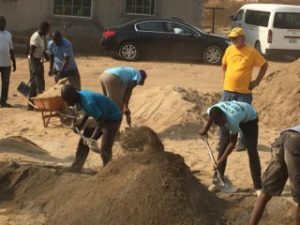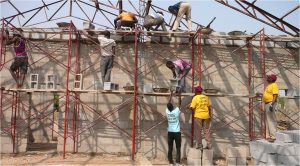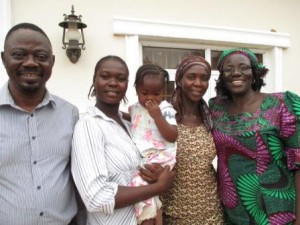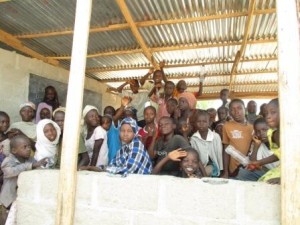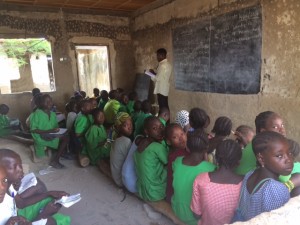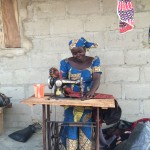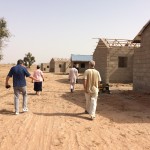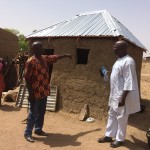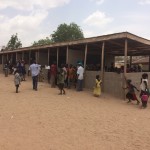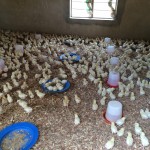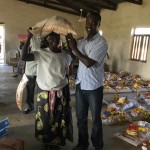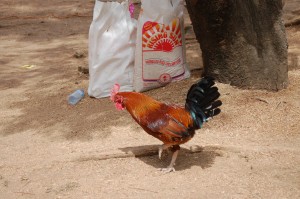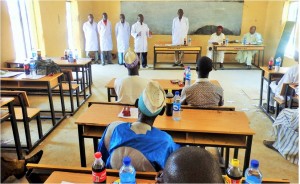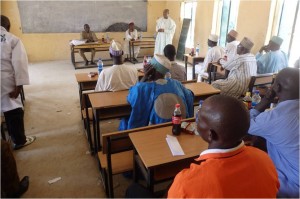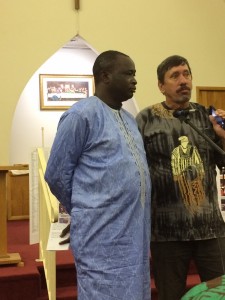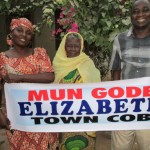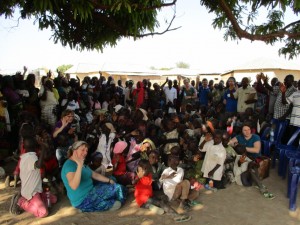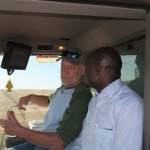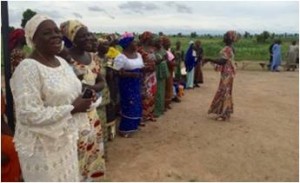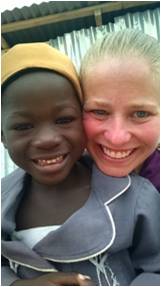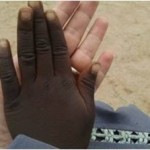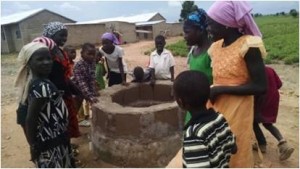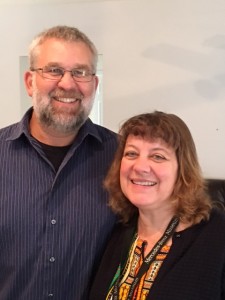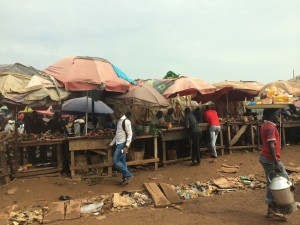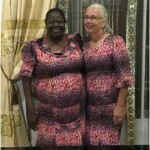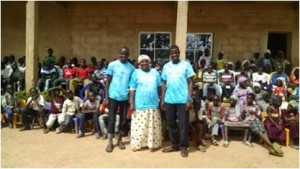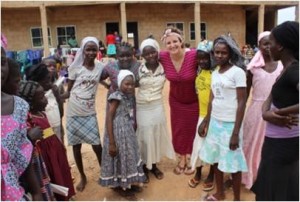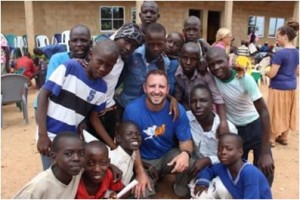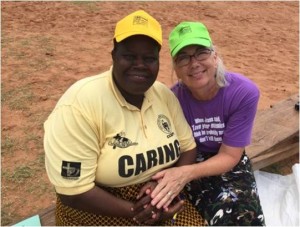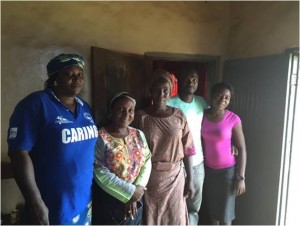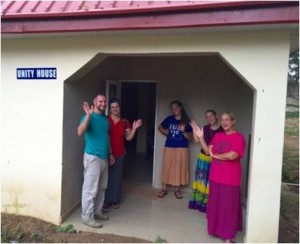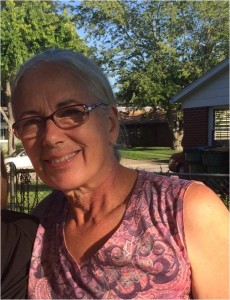 by Pat Krabacher
by Pat Krabacher
Aug 1, 2016 – Seven Strangers in the “Big Smoke” but United in the “Land of Beauty”
Seven strangers aka the “CoB 2016 Fellowship Team” met for the first time at noon on Aug 1st, 2016 in the London Heathrow International Terminal 5. Team leader Donna Parcell, daughter Sarah Parcell, Michele Gibbel, Jessie Marsiglio, Katie & Pastor Adam Ulm, and I (Pat Krabacher) had flown thru the night to meet in London, England (nick named the “Big Smoke”). We had a 12-hour layover and needed to meet and then travel to Westminster Abbey (WA) during our layover. Joining up with four other strangers in an International airport when cell phones don’t work and wifi is sporadic is a challenge! (I asked about 5 men in the London airport that day if their name was Adam!) Finding each other at Heathrow was probably “minor miracle #1” and followed swiftly an hour later by admission to Westminster Abbey just 30 seconds before it closed admissions for the day (possibly “minor miracle #2”).
Our Westminster Abbey walking tour and the Evening Song choral event were memories of great beauty and deep faith of our forefathers and foremothers. All to soon it was time to navigate back to Heathrow using the “Tube” during the tail end of “rush hour” and a closed Tube section undergoing maintenance. We were becoming a team as we navigated our hour long trek back to Heathrow.
Back at Heathrow Terminal 5 we checked our bags, had dinner together before boarding our overnight flight to Abuja, the capital of Nigeria. As we departed the Big Smoke we each pondered our trek into Nigeria and slept fleetingly on the 7-hour flight to Nigeria.
We arrived in the dark at 5:15 am and smoothly passed thru Nigeria Immigration/ Customs! We were welcomed to Nigeria by Markus Gamache & Joshua Ishaya Mamza in the pouring rain (August is the rainy season in Nigeria) – that first hour of being in Nigeria we experienced buckets of heavy rain! Over the next 12 days the Fellowship Team (FT) came to trust completely and love both Markus and Joshua as brothers in Christ.
The 30 min drive from the Abuja airport to the Ekklesiyar Yan’uwa a Nigeria (EYN) Guest House, near down town Abuja, gave the first indication that we were ‘not in Kansas anymore’ and we took a 2-hour rest in our rooms before meeting up for our first Nigerian meal, a breakfast of instant coffee, fried yams and egg.
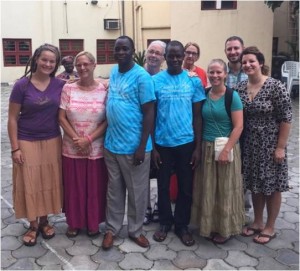 EYN Abuja compound – Sarah, Donna, Markus, Pat, Joshua, Jessie, Michele, Adam & Katie presented Markus and Joshua a Hausa-English ‘We are one body in Christ’ t-shirt to honor them. Photo credit – Pat Krabacher.
EYN Abuja compound – Sarah, Donna, Markus, Pat, Joshua, Jessie, Michele, Adam & Katie presented Markus and Joshua a Hausa-English ‘We are one body in Christ’ t-shirt to honor them. Photo credit – Pat Krabacher.
Take-Away Thought – As seven strangers in the “Big Smoke” we united together as a team and also with EYN brothers and sisters in the “Land of Beauty”. As individuals of diverse ages, experiences, geography, and sociological views we had committed to a trek thru NE Nigeria – to work together and to encourage our EYN brothers and sisters. Sharing in a 1,000-year-old cathedral adventure, navigating the London Tube, clearing customs in Nigeria, and preparing mentally for our trek to the “Land of Beauty” (nick name for Adamawa state) had united us. Our compassion and respect for each other, for our team lead, Donna Parcell, and for our EYN leader Markus Gamache and his Assistant, Joshua Ishaya grew day by day and taught each of us that we are one body in Christ.
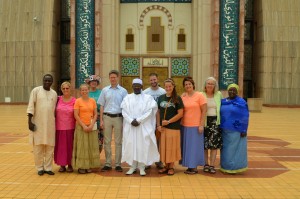
Nigeria National Mosque, Abuja, Federal capital Territory Photo credit: Donna Parcell – Markus G. (tan), Alh. Ibrahim A. Jega (white), Binta B. (blue) & 2016 FT: Donna, Michele, Mathias, Adam, Sarah, Katie, Pat, and Jessie in front of the Nigeria National Mosque (NNM), Abuja, Nigeria
#2_Aug 2, 2016 – Great Contrasts – But New Friends
Four hours after landing in Abuja, the capital of Nigeria, we departed the EYN Abuja Guest House for a day of meetings (this first day, more than most others, challenged our minds and hearts). Our first day in Nigeria was a day of new ideas and new friends from very different situations. After meeting Mrs. Binta Bakari (a Muslim woman who co-founded the Gurku Interfaith settlement that we visited later on our trek) we departed the EYN Abuja compound for the 15 min drive to the Nigeria National Mosque (NNM), Abuja. Our meeting was with the Administrative Secretary of the NNM, Alh. Ibrahim A. Jega.
Imam Jega was very gracious to us and interested in the peace conference the CoB hopes to co-host in NE Nigeria in 2017. He shared with us some specific teachings from the Koran that instructs Mohammed’s followers to love and protect Christians and Jewish peoples. We removed our shoes and entered the National mosque a place that draws between 5,000 – 15,000 worshippers weekly. An amazing time at the Nigeria’s National Mosque!
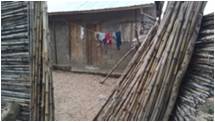
Masaka IDP resettlement house
Photo Credit: Michele Gibbel
Our hour hour long drive to visit the EYN Masaka Internally Displaced Persons (IDP) resettlement camp was over the WORST road of our trek (in this writer’s opinion). A dirt road that ran uphill off of the main road, it was full of deep ruts and holes that wanted to take the under carriage off our vehicle?!? We bounced and corralled our nerves as this was the first meeting with Boko Haram victims who had fled their homes. We were instructed by our trust worthy guide Joshua that there was a phrase we needed to understand, since we’d be hearing it, especially from the children. White people are called “ba-ture” (means ‘white person’). The children everywhere were either fascinated with the white Batures (and stared at us) or were afraid of us and cried!
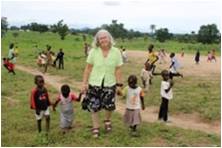
Photo credit: Katie Ulm
Pat with EYN Internally Displaced children at Masaka Re-settlement Camp
At Masaka, we overcame our nerves and began our visit with the people of Masaka. Deborah shyly spoke to me only three words, “We are hungry”. After I collected my thoughts, I put my arm around her shoulders to hug her and walk with her – she was very thin. On our way up the hill to the corn stalk church at Masaka, we passed by her house in the re-settlement camp. She had planted a banana tree when they arrived a year earlier and and joyfully showed me the bunch of bananas growing on the tree. I was comforted to know that soon she would have a source of bananas. However, several days later my false hope of bananas for
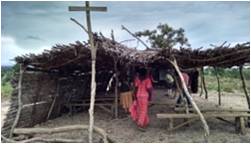
Masaka Corn Stalk Church – before destroyed by storms in Sept
Photo credit: Michele Gibbel
Deborah was shattered when I found out that only one bunch is produced on a banana tree before it dies. Deborah’s words were quite a contrast to the National Mosque and to our last appointment of the day, fellowship and dinner with some Abuja EYN brothers and sisters. However, meeting and playing with the children of Masaka, seeing the joy a simple soccer ball brings, and visiting the simple mud brick and corn stalk compounds at Masaka helped us to know the pain of being an IDP.

Photo credit: Michele Gibbel – Michele with two BEST women, Abuja BEST dinner
Upon returning to EYN Guest House, we changed clothes and departed for the sumptuous dinner with 15 Abuja Brethren from Brethren Evangelical Support Trust (BEST). Many warm smiles were shared and delectable foods awaited us as new friends were made. I reconnected with friends from the EYN ZME Women’s Fellowship Choir that toured the US in 2015. The delicious BEST meal was quite a contrast to the IDPs we met at Masaka but, the opulence of the NNM and the generous love of our EYN brothers and sisters represent the building blocks for peace in NE Nigeria. Our first day in Nigeria closed with many thoughts swirling in our dreams that night.
Thought – Meeting IDPs that have lost everything makes violence “real’ and puts a face into the pain. Sandwiched between the opulence of the National Mosque and the sumptuous BEST fellowship meal are families that are blessed to be alive, yet, are likely to struggle for years to come. I carry Deborah’s 3 words and her pain with me now in my heart, she is my sister. Hope endures thru the partnership of Christians and Muslims seeking peace together. Christians and Muslims must pray and work for reconciliation, if peace is to prevail in Nigeria.


